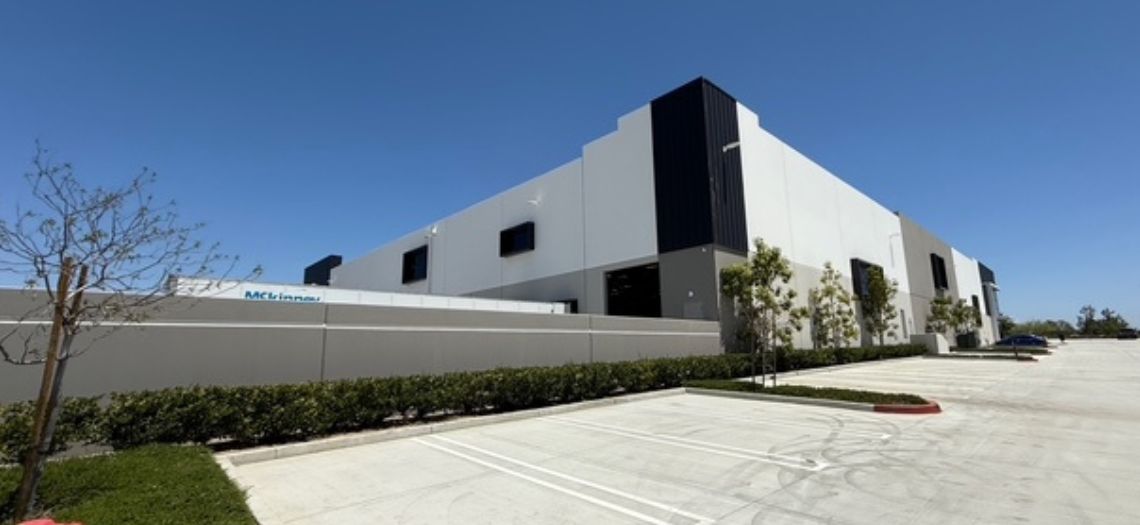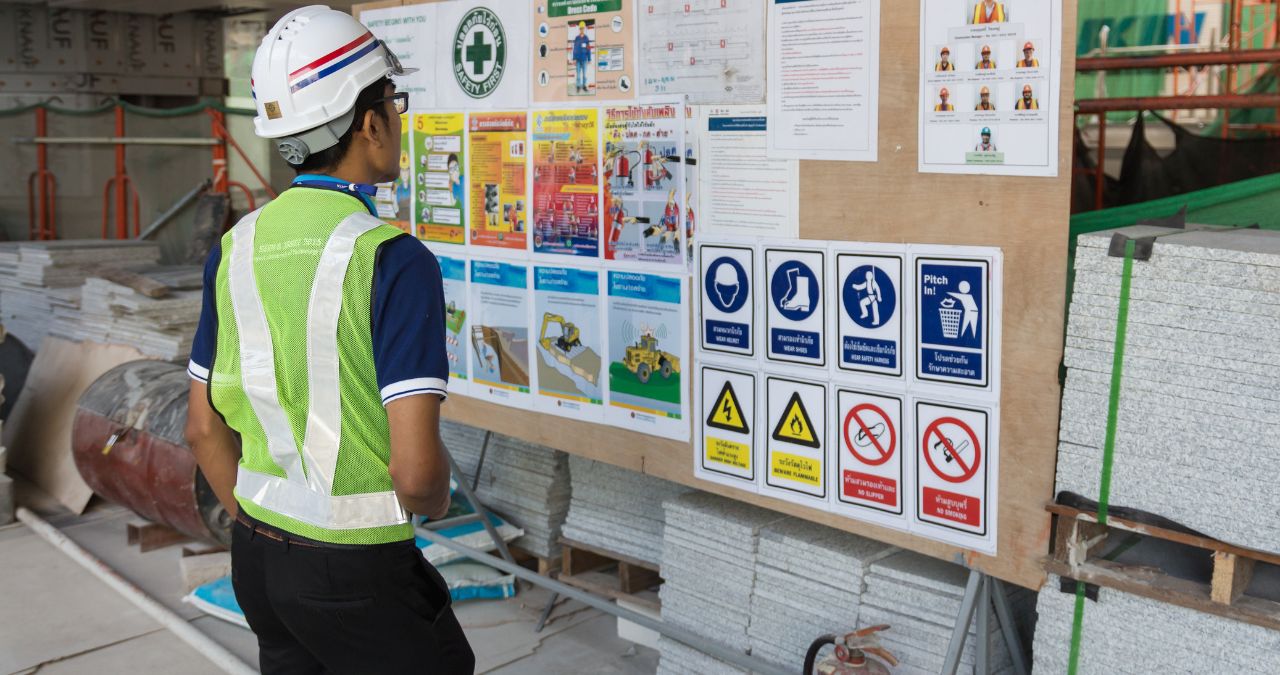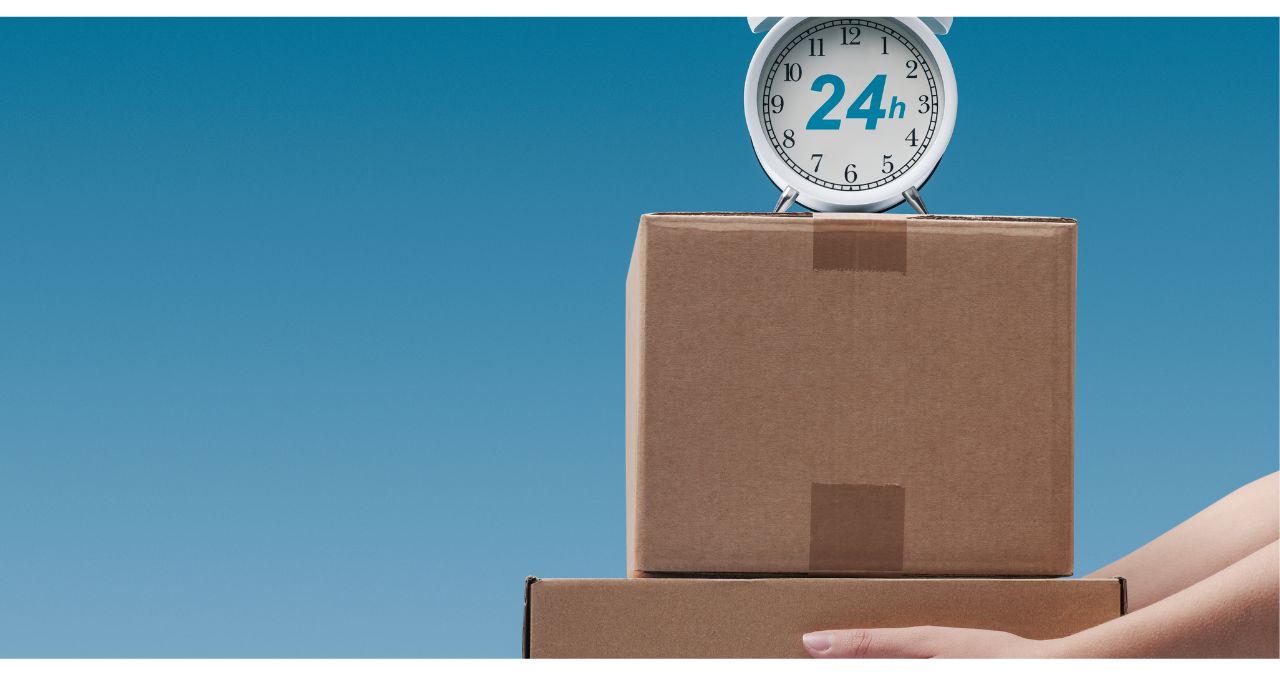Microsoft, Apple, and Minecraft are three brands that you’ll instantly recognize as some of the world’s biggest names. However, they also have something in common, and it’s how these businesses had their start as smaller home-run enterprises. Many small businesses start from homes or garages, working their way up to larger conglomerates or companies. They start with five or ten small orders but eventually gain momentum. Suddenly the garage or bedroom isn’t enough storage space for twenty or fifty orders. When do you need to find warehouse space for your business, and is it time for you to find a warehousing partner? Here’s what you should know about warehouse space, and how it works for growing businesses.
When Do You Need Warehouse Space for Your Business?
Warehouses for Business
Buildings or complexes where stock is stored, packed, and shipped are warehouses. Having a loading dock can benefit your operations.
Smaller businesses fulfill most of the warehousing functions from homes or offices. However, warehouses make the process larger and more efficient. Warehouse space is essential for businesses looking to scale.
A warehouse makes it easier for businesses to fulfill orders. Packing and shipping, usually done at home, becomes a commercial process when you partner with a 3PL company.
A business that grows from five or ten orders to a hundred or more can benefit from some extra square footage of warehouse space. However, sometimes business owners find it difficult to figure out when they’re big enough to need one.
When Is Warehouse Space Necessary For Your Business?
Warehouse space isn’t necessary for small businesses but becomes necessary for medium or larger ones. When there isn’t enough space to pack orders at home or in the office anymore, you should consider calling a warehouse provider.
You need a warehouse if you can’t keep up with orders, or your demand has increased beyond your capacity or supply. Warehouses keep orders ready to go, where they might have been more difficult to complete in a smaller environment.
Warehouse space expands your business and its reach.
How Much Warehouse Space Do You Need?
Different types of warehouses come in various sizes. Warehouse space varies, and companies can find large or small warehouse space to fit their needs. A warehouse can be as small as a household storage unit or as large as an airplane hangar.
Companies without an Amazon-sized budget can still benefit from the extra space a warehouse can give.
Warehouses and Order Tracking
Warehouses offer another benefit for companies who connect with them. Along with the extra square foot space, they include superior order tracking and often faster order fulfillment processes.
An internal, often high-tech system tracks all orders coming in and shipping out. Having the right warehousing partner makes it easier to see your business operations at a glance.
Warehouses and order tracking help to increase business further and predict sales patterns, such as when the holiday rush will hit.
Warehouses have access to superior technology. When you have the right warehousing partnership, there’s no need to do everything yourself. That’s how companies like Amazon went from small home businesses to large, warehouse-driven enterprises.
Can You Get Warehouse Space For Rent?
Warehouse storage solutions don’t have to be expensive. You don’t have to pay as much as you’d expect. Package deals can link your business to the right warehousing partner with a long-term leasing agreement.
Companies can keep warehousing costs low by using third-party logistics or linking up with partnership companies. Third-party logistics is a means of combining forces with companies that are industry experts and can fulfill orders quickly.
Future Planning and Flexibility
When considering warehouse space for your business, it’s vital to think ahead. Anticipate your company’s growth trajectory and select a space that can accommodate expansion. Opt for flexible lease terms that allow you to scale your space as needed without being tied down by long-term commitments. Look for warehouse layouts and features that can be easily adapted to meet changing requirements, ensuring your space remains functional as your business evolves.
Additionally, choose a location close to transportation hubs to facilitate efficient distribution and future market expansion. Embrace technology solutions that optimize operations and keep your business competitive in a dynamic marketplace.
Finally, remember that future planning is an ongoing process—regularly reassess your needs and make adjustments accordingly. By prioritizing future planning and flexibility, you can ensure that your warehouse space continues to meet your business’s evolving needs and supports long-term success.
MAI Fulfillment Your 3PL & Warehousing Solution
MAI Fulfillment is a privately held third party logistics (3PL) company in Chicago specializing in warehousing, and omnichannel fulfillment services. As an experienced outsourced provider, we provide value-added solutions designed to help companies build and grow.
The MAI business model offers clients the efficiency and convenience of dealing with a single accountable resource for a wide range of services. MAI areas of specialization include:
- Custom B2B and DTC warehouse and multichannel fulfillment solutions
- Multi industry support
- Technology support
A wide range of service offerings, strategic problem-solving skills, and experience make MAI a valued partner to a broad range of Fortune 500 companies. “Quality” is more than just a word here – it’s the foundation of how we conduct business and an integral part of the processes and metrics we use to deliver value to our clients every day.
Contact MAI today to learn more!




